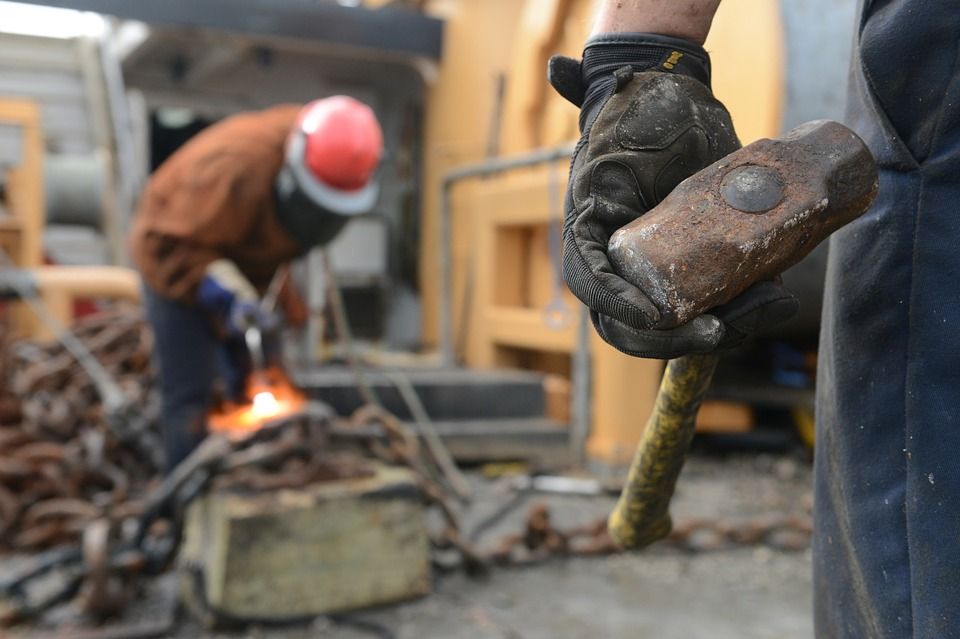Despite having a clear goal to reduce the number of work-related injuries in the construction industry, more people have been getting hurt in recent years.
A new report from the Danish working environment authority, Arbejdstilsynet, reveals that the number of accidents in the construction industry has increased by 14 percent since 2011. Between 2015 and 2016 alone, the number of injuries rose by 6 percent to 5,177.
The report also showed that the number of serious injuries has jumped from 625 in 2011 to 734 in 2016 – and that’s despite concerted efforts by the industry to curb serious injuries by 25 percent by 2020.
READ MORE: Billion-kroner quarrel halts Metro construction
More work = more hurt
The increase in injuries has been down to the kickstart the economy and the construction industry experienced following the end of the financial crisis. But more workers milling about on sites has led to reduced safety standards.
“Arbejdstilsynet has been downsized considerably in recent years, and today there are 25 percent fewer supervisors that just two to three years ago,” Flemming Hansen, a work environment consultant with the union 3F, told Metroxpress newspaper.
“That means less and poorer supervision, and unfortunately there are employers who are prone to getting slack on safety.”















